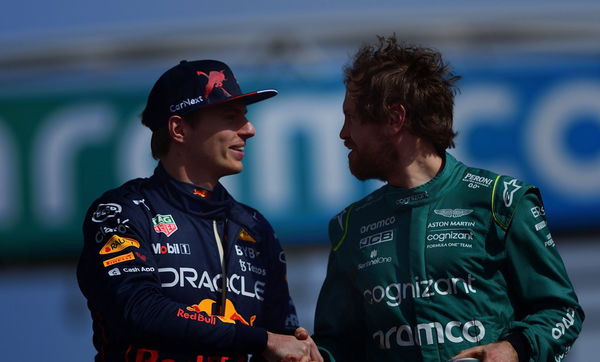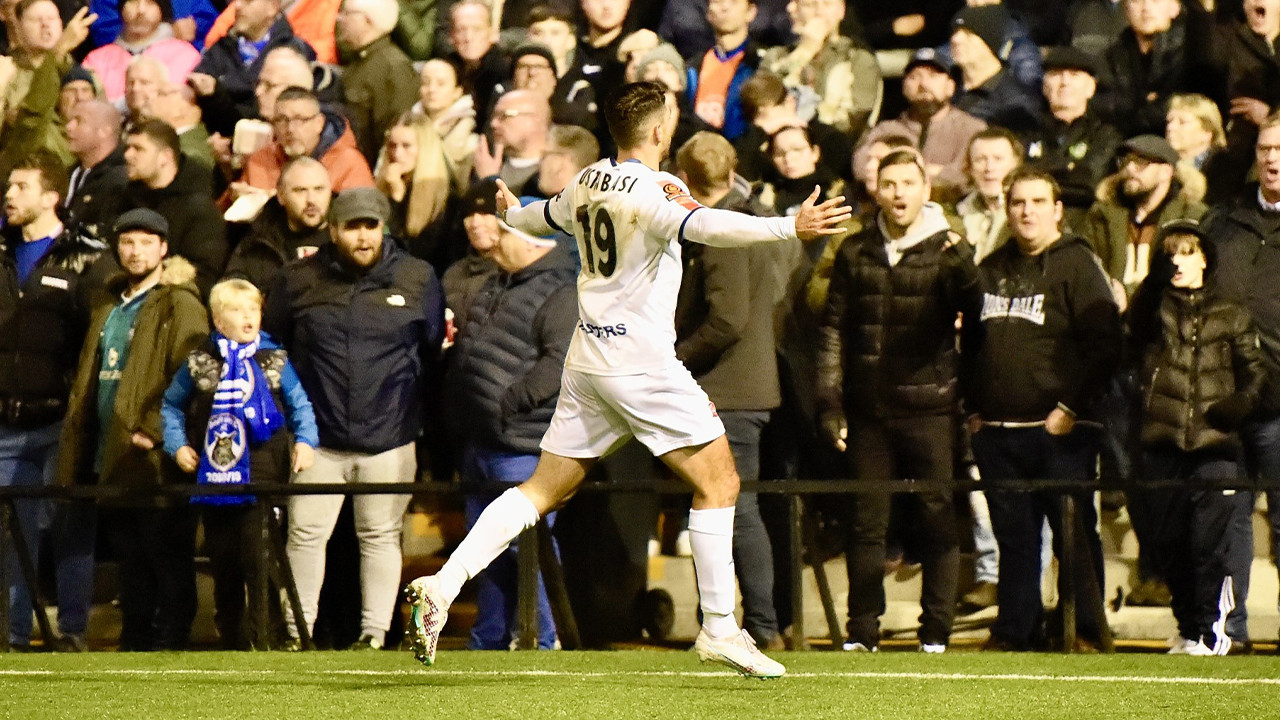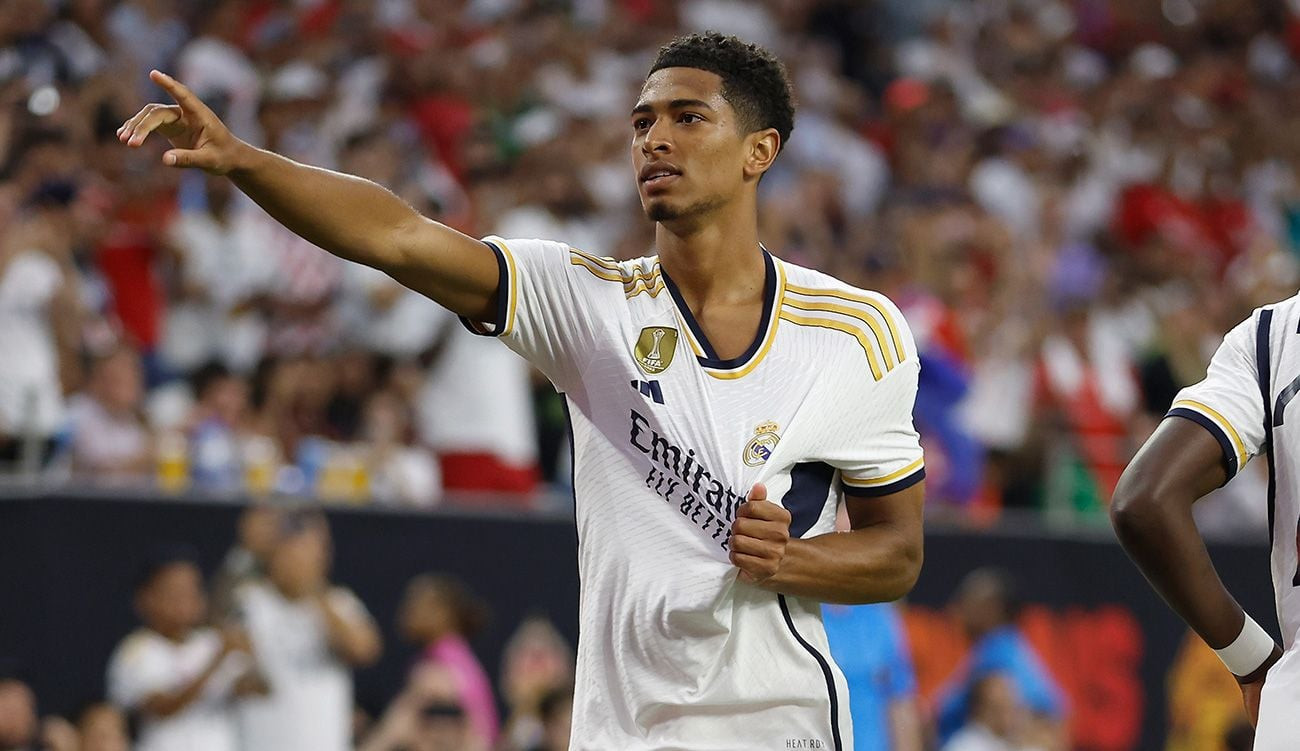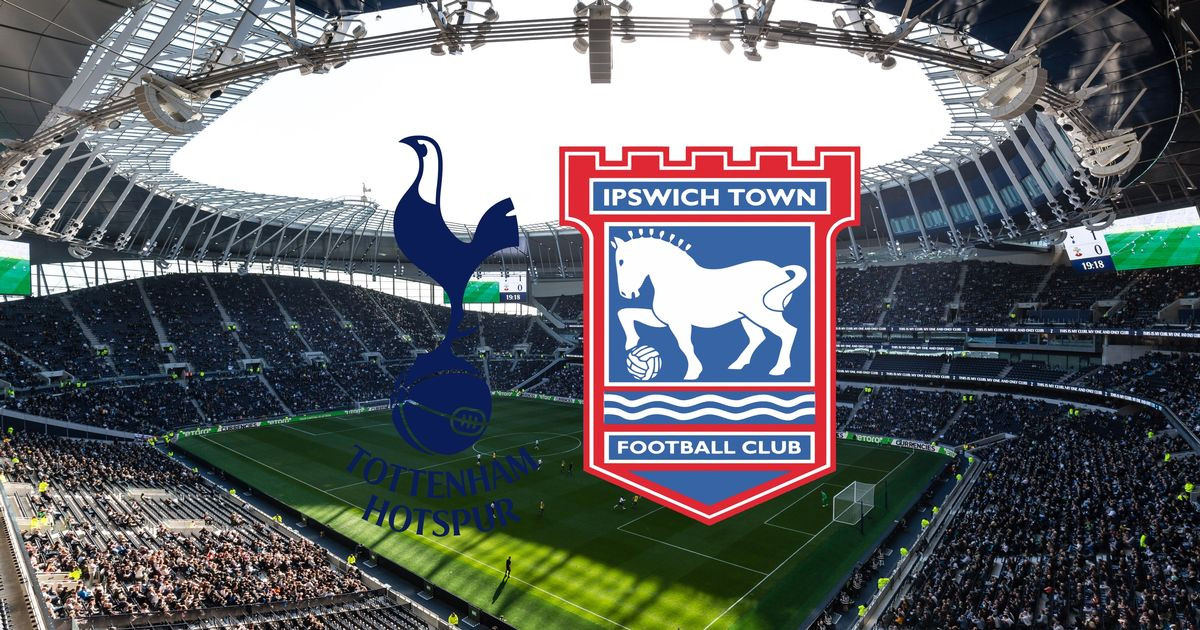F1's Fiery Feud: Verstappen vs. Russell
The simmering tension between George Russell and Max Verstappen, dormant for two years, has erupted into a full-blown feud, marking one of the most intense rivalries in recent Formula 1 history. The dispute, fueled by accusations of dangerous driving, threats, and outright insults, has captivated the world of motorsport. The intensity of their public statements—a mix of accusations, denials, and personal attacks—already puts it among the all-time great F1 driver feuds.
The Qatar Grand Prix Incident: The Spark that Ignited the Fire
The conflict began at the Qatar Grand Prix. Verstappen, while setting his qualifying lap, drove unnecessarily slowly, impeding Russell's progress. This led to Verstappen receiving a one-place grid penalty, dropping him from pole position to second, while promoting Russell to first. This penalty greatly angered Verstappen, leading him to lash out against Russell. In the stewards’ room, according to Russell, Verstappen made a serious threat; Russell claims that Verstappen threatened to "purposefully go out of his way to crash into me and 'put me on my head in the wall'". This assertion was witnessed by several other drivers, solidifying its credibility. While Verstappen has vehemently denied this threat, calling Russell a “bully” and a “loser,” the alleged threat adds a disturbing layer to their dispute.
Russell’s Perspective: A Bully's Behavior and the Need for Accountability
Russell, defending his actions in the stewards' room, stated that he was merely trying to prepare his lap. He added that Verstappen's behavior following the stewards' decision confirmed to him that Verstappen has a pattern of angry outbursts and aggressive behavior. Russell said, "People have been bullied by Max for years now. He cannot deal with adversity, he slams his whole team and loses the plot." Russell's press conference was notable for his blunt assessment of Verstappen and his driving habits, saying he has lost all respect for the four-time champion and calling him "a bully." This reflects the growing concern among drivers regarding Verstappen's increasingly aggressive driving style, which has often led to collisions.
Verstappen's Counterattack: Accusations of Lying and Personal Attacks
Verstappen responded to Russell's claims with equal force. He vehemently denied threatening to crash into Russell and went on the offensive, labelling Russell a “backstabber” and a “liar.” He countered, arguing that Russell had “exaggerated” the events and went “overboard” in his efforts to secure a penalty against him. This heated exchange highlighted the deep-seated animosity between the two drivers. It demonstrates that this is no longer just a sporting rivalry but a deeply personal conflict.
The Role of the FIA: Investigation or Avoidance?
The FIA's (Fédération Internationale de l'Automobile) response to this controversy has been a notable point of discussion. They have indicated that they are unlikely to investigate the veracity of Russell's claims regarding the threat, raising questions about the accountability of drivers for such behaviour. This lack of intervention has fueled the debate around fair play and conduct within Formula 1. The FIA's position raises concerns about potential discrepancies in the consistent application of the rules. If Verstappen's alleged threat to crash into Russell is deemed true, this would represent a serious breach of conduct and safety, potentially leading to further investigation.
The Wider Implications: Team Rivalries and the Future of F1
The Verstappen-Russell feud extends beyond personal animosity, extending to a rekindling of the rivalry between their respective teams, Red Bull and Mercedes. The feud highlights the fierce competition between teams and the pressures inherent in high-stakes racing. Toto Wolff, Mercedes team boss, weighed in, criticizing Red Bull chief Christian Horner with a particularly sharp quip, describing him as "a yapping little terrier." This commentary added another layer of intensity to this already heated rivalry, raising the question of how the teams will manage this conflict moving forward. The ongoing feud emphasizes the complex dynamics between drivers, teams, and the governing body, underscoring the importance of addressing these issues to maintain the integrity and safety of the sport. The incident leaves a significant impact on the overall sporting atmosphere, potentially influencing future interactions between the drivers and teams involved.
The Aftermath: A Lasting Impact on the Sport
The fallout from this incident is likely to linger for some time. While some may view it as merely another chapter in the intense rivalry inherent in Formula 1, it underscores the potential for escalating tensions, the need for stricter codes of conduct, and the importance of maintaining fairness and sportsmanship. The incident could lead to changes in how such situations are handled, impacting both penalties issued to drivers and protocols to address off-track conduct. This dramatic display of animosity, regardless of its ultimate resolution, stands as a stark reminder of the intensity of competition within the world of Formula 1.
While their public disagreements have made headlines, the sport's true essence lies in the phenomenal driving skills and determination displayed by all the drivers. One can only hope this incident will not overshadow this pivotal element of the sport. The lasting impact of this feud remains to be seen, as it is yet too early to accurately gauge its long-term effects on both drivers and the sport itself.


















